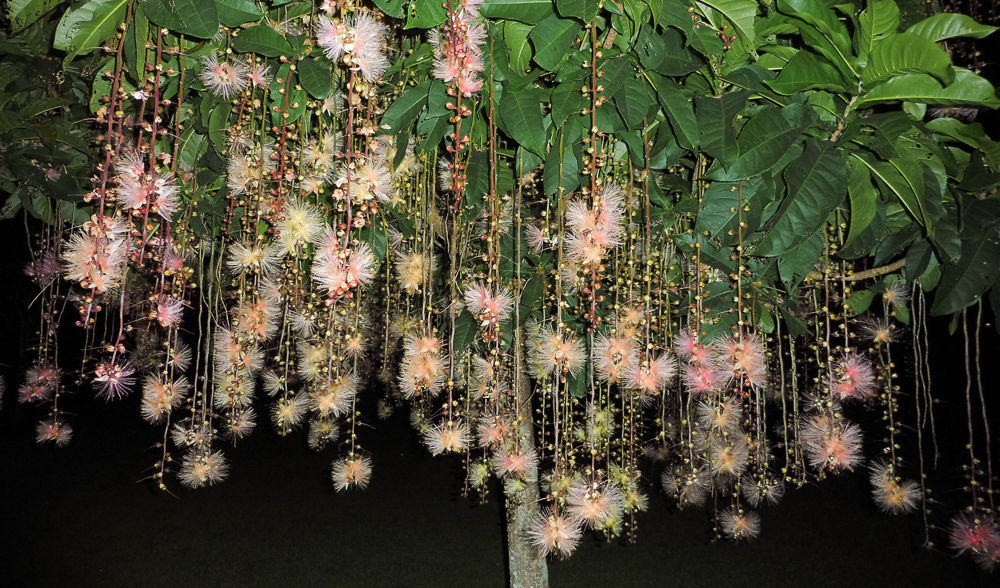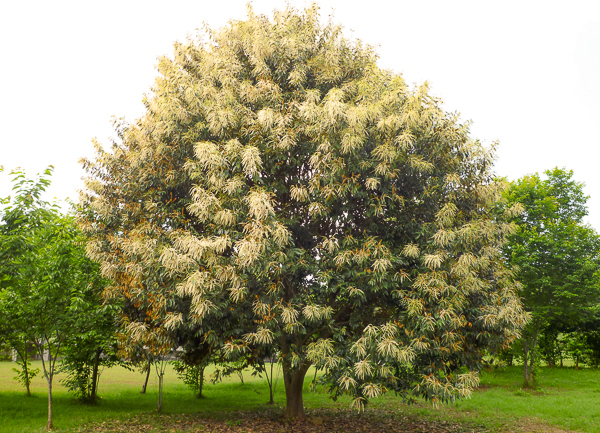NCNU named 54th greenest university globally

The National Chi Nan University has cinched two titles on the University of Indonesia’s GreenMetric World University Rankings — placing 54th worldwide for sustainable development and 2nd out of the 29 Taiwanese candidates on the list.
The UI GreenMetric is an environmental and sustainable ranking of world universities that takes into account six categories of baseline information — setting and infrastructure, energy and climate change policies, waste treatment, water use, transportation, and education and research. NCNU won exceptional notice for setting and eco-friendly commitments, coming in first among all the candidates from Taiwan and second worldwide for the infrastructure category.
Founded in 2010, the IU GreenMetric has been expanding in scope and influence in recent years, with a growth of 100 more schools joining in from 2017 to 2018. Despite additional competition on the now 719-member list, NCNU has advanced seven places in comparison to last year’s rankings, reflecting the Nantou institution’s pledge to green development and university social responsibility.

In the proverbial heart of Taiwan — Puli Township, Nantou County — lies the 150-hectare green campus of NCNU. With over 80% of the campus covered by trees and plants, visitors are drawn to its ecological and spacious qualities and NCNU is now considered one of the top attractions in central Taiwan. This commitment to sustainability extends beyond tourism, as the campus is certified under the ISO 14001 environmental management system, and NCNU is a member of many local and global collegial networks that champion a greener future.
The school’s infrastructure includes a comprehensive filter and reclamation system for waste water that not only lowers consumption of resources and releases treated water of a higher quality than standard requirements, but also recycles up to 80% of all the water used on campus; and upgraded systems and better energy management that have reduced 10% of electricity consumption over the past four years.

Future plans include an investment into the school’s solar power capabilities, with an estimated 1,999 kilowatts to be generated on-campus by the end of 2019, and a collaboration with local bus systems to extend the public transportation onto the campus, thereby lowering the number of individual rides and utilizing electric buses that emit no carbon emissions.
President Yuhlong Oliver Su noted the immediacy of pursuing more sustainable solutions in a world facing a resource shortage and climate change. He promises to take the initiative beyond campus borders by working with surrounding communities to raise eco-awareness among residents and students alike, and embrace the opportunity to contribute to regional progress as well as environmental conservation.


